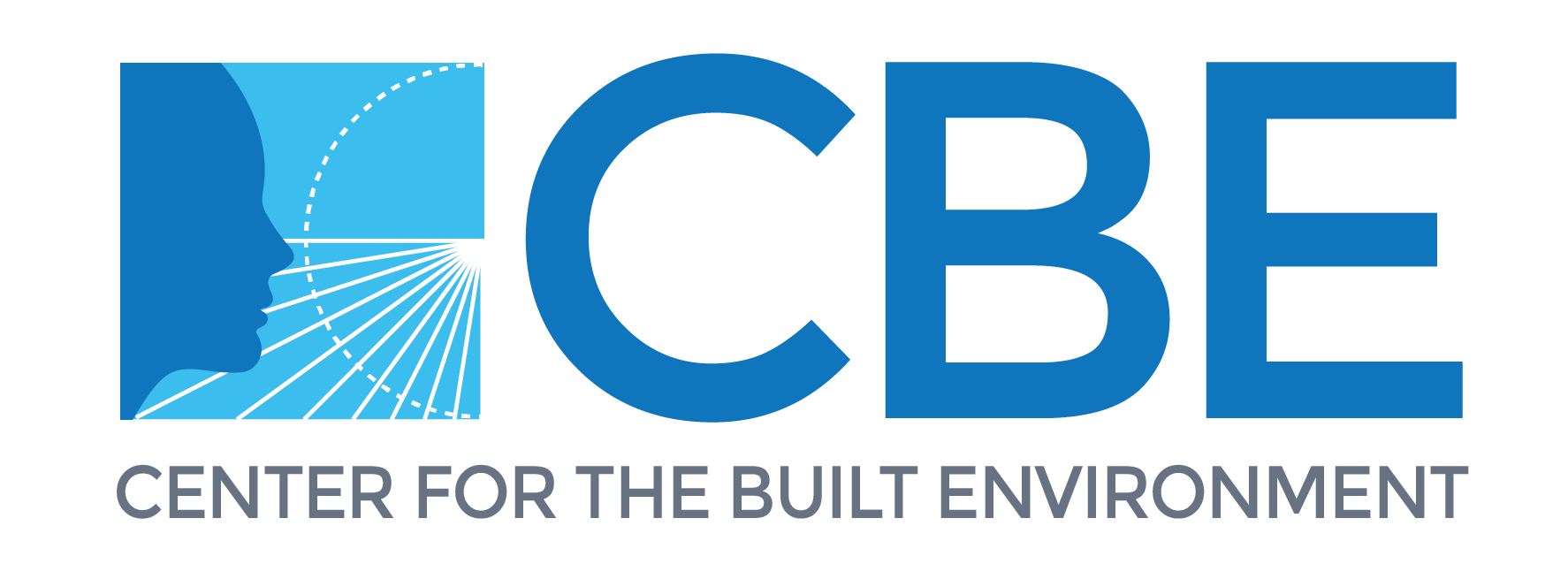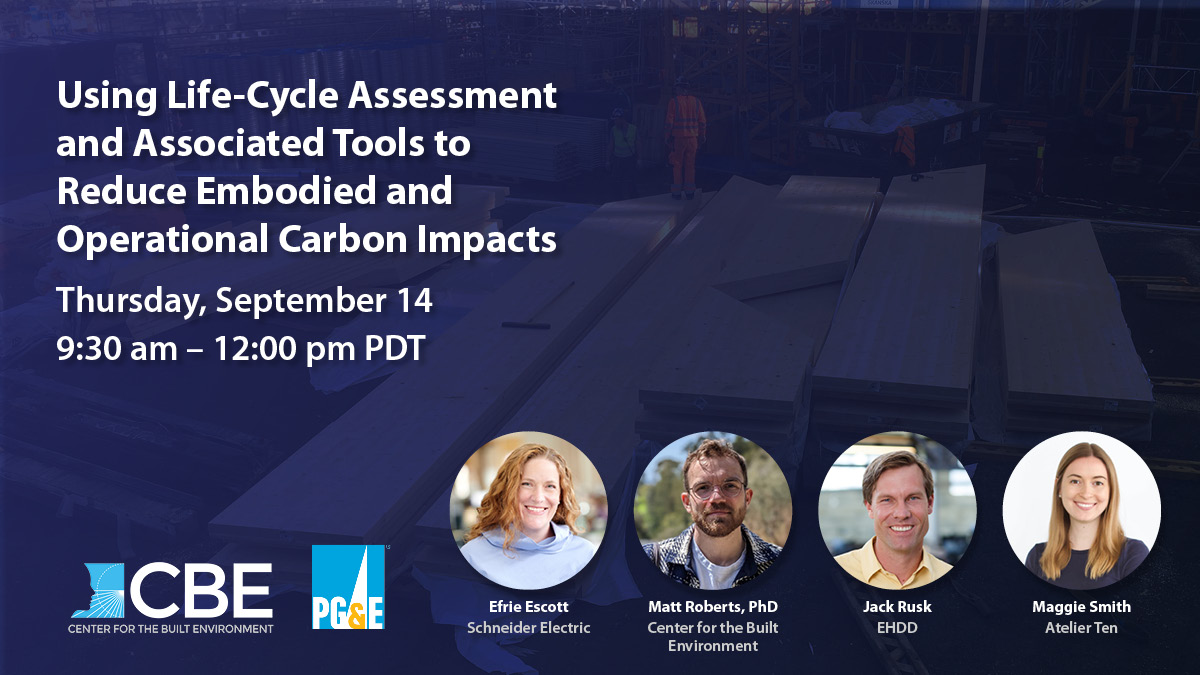
September 14, 2023 9:30 am - 12:00 pm PDT
The decarbonization of the built environment, broadly applied, has emerged as a critical concern for meeting immediate and long-term climate goals. To meet this challenge, building industry professionals are adopting tools and methods from among the many resources being produced for such purposes, including life-cycle assessment (LCA). These tools can be used to understand various aspects of sustainability, including the carbon impacts embodied in building materials, the carbon impacts of building operations, and the tradeoffs between them. However, these tools have varying built-in assumptions and simplifications, and combined with a lack of reliable and consistent information, are leading to calls for more guidance. This session featured building decarbonization experts from practice and academia who provide an overview of life-cycle assessment methods and other tools, and explain best practices and key considerations for tool selection for various use cases. They also present a subset of tools in detail, with examples and case studies. A moderated panel allowed the speakers to address participants’ questions .
This online-only event was free and open to the public, and co-sponsored by PG&E and UC Berkeley’s Center for the Built Environment.
Speakers and Presentations
-
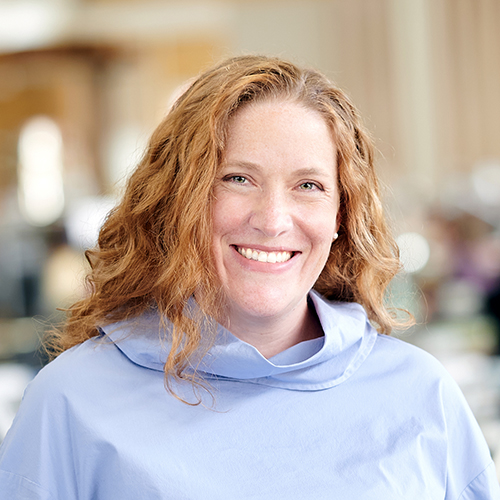
Efrie Escott
Sustainability Transformation Leader for Digital Energy, Schneider Electric
Presentation: The Path to Net-Zero Buildings Post Occupancy
In her role at Schneider Electric, Efrie is promoting Zero Carbon strategies to accelerate the transition to a decarbonized built environment. As a licensed architect and LCA practitioner, her previous experience was as a principal within the KieranTimberlake Research Group, where she was a founding member of the development team for Tally, the first BIM-integrated LCA tool. Efrie’s research has been published in several internationally-recognized, peer-reviewed academic journals. Her volunteer work includes several committees writing LEED, AIA, and ASHRAE standards. Efrie lectures internationally and teaches at the University of Pennsylvania.
-
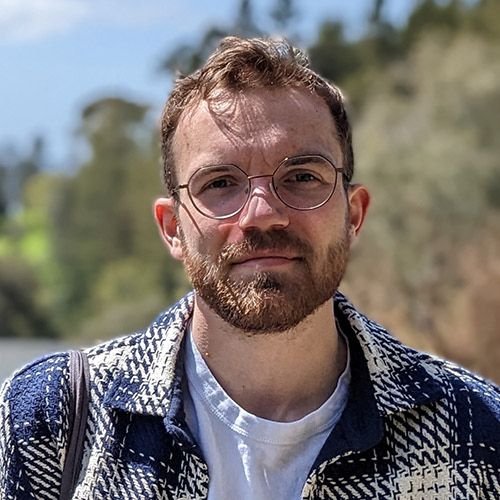
Matt Roberts, PhD
Postdoctoral Scholar, Center for the Built Environment at UC Berkeley
Presentation: Using Life Cycle Assessment and Associated Tools to Reduce Embodied and Operational Carbon Impacts
Matt’s research efforts focus on the advancement of life cycle assessment (LCA) methodology for material to building scale applications within the built environment. His current interests include the use of consequential LCA to assess changes in environmental impacts that result from implementing impact reduction strategies at scale, and the development of target values to broaden the scope of sustainability. He received his PhD in Architecture and Civil Engineering, plus an MSc from the University of Bath, UK, where his research focused on LCA and net-zero carbon building design. Previous research has included the LCA of ‘active’ buildings with on-site energy generation and storage, and LCAs for bio-based building materials.
-
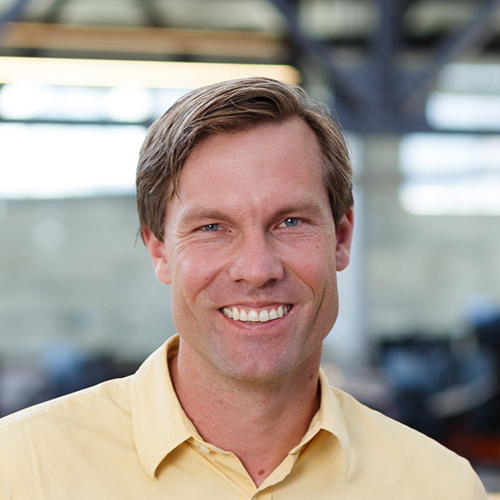
Jack Rusk
Director of Climate Strategy, EHDD
Presentation: Early Phase Carbon Assessment as part of a Low-Carbon Design Workflow
Jack’s work is focused on delivering climate action with speed, scale, and equity. In addition to his role on EHDD projects, Jack also leads development of the Early Phase Integrated Carbon (EPIC) assessment, a free tool for planning low-carbon buildings. EPIC illustrates the potential for deep decarbonization on every project with the goal of enabling every designer to participate in climate action. He has published or presented research on ecosystem restoration, life cycle impacts of bio-based materials, urban hazard risk, and decarbonization policy effects on health and social equity. He also regularly offers technical and peer review for leading organizations and journals. Jack is a graduate of the Yale School of the Environment and the Yale School of Architecture.
-

Maggie Smith
Senior Environmental Designer, Atelier Ten
Presentation: Embodied Carbon Optimization and Implementation
Maggie has significant experience in life cycle analysis and carbon reduction strategies, and enjoys driving her clients to make smarter carbon decisions on projects. As a Senior Environmental Designer at Atelier Ten, she has experience developing sustainability targets for new masterplans, establishing portfolio-level sustainability targets, and managing ambitious low carbon projects. She has spoken at the ILFI Living Future conference on setting science-based embodied carbon targets for buildings. Her interdisciplinary background in environmental analysis, design and construction supports her goal of creating a more sustainable built environment. Maggie has an MSc in Sustainable Design and Construction from Stanford University and a BA in Environmental Analysis from Scripps College.
Continuing Education
At the conclusion of this course, participants will be able to:
- Describe how life cycle assessment and other tools can be applied to building design in order to reduce the carbon emission impacts.
- Understanding the difference between carbon impacts ‘embodied’ in building materials, compared to those that result from building operations.
- Demonstrate familiarity with a free early design phase calculator for planning low-carbon buildings.
- Cite one or more case studies in which carbon impacts were studied by the design team, resulting in a reduced carbon footprint.
Continuing Education AIA course number NWB20230811 and AIA Provider H663 (2.5 LUs).
Organizers

